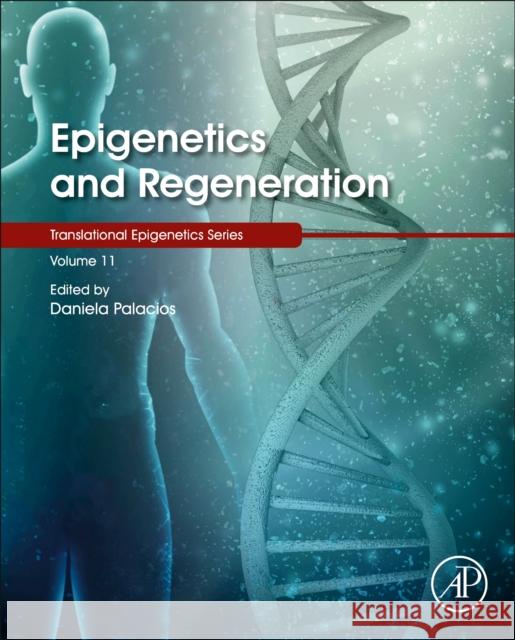Epigenetics and Regeneration: Volume 11 » książka
topmenu
Epigenetics and Regeneration: Volume 11
ISBN-13: 9780128148792 / Angielski / Twarda / 2019 / 541 str.
Kategorie:
Kategorie BISAC:
Wydawca:
Academic Press
Seria wydawnicza:
Język:
Angielski
ISBN-13:
9780128148792
Rok wydania:
2019
Numer serii:
000810704
Ilość stron:
541
Waga:
1.24 kg
Wymiary:
23.62 x 19.3 x 3.05
Oprawa:
Twarda
Wolumenów:
01
Dodatkowe informacje:
Bibliografia
Wydanie ilustrowane
Wydanie ilustrowane











